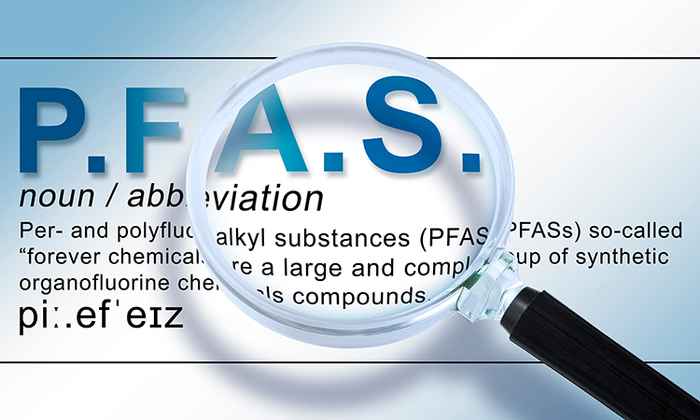Two new Midsize Grants for sustainability research
11 February 2025

Health(ier) without PFAS: phasing out non-essential uses of “forever chemicals” in hospitals and healthcare
The project addresses the significant negative impact of PFAS, or 'forever chemicals', which are deeply persistent and harmful to the planet and people. They are also widely used in healthcare, with 37% of PFAS pollution originating from the medical sector. The project underscores the urgent need to align healthcare practices with planetary boundaries.
In this study, Amsterdam UMC will focus on a 'living lab', where PFAS-containing products will be identified, and their essentiality will be assessed, as well as the availability of safe-and-sustainable-by-design(SSbD) alternatives.
Key research objectives include mapping PFAS use in medical tools, pharmaceuticals, and laboratories, assessing the feasibility of PFAS-free alternatives, and understanding barriers and facilitators to implementation.
Anticipated outputs include case studies of PFAS-free replacements, academic publications, and guidelines for sustainable healthcare practices.
Findings aim to guide broader industry changes, influencing policies and practices to promote sustainable, PFAS-free healthcare worldwide.
Project team:
- Dr. Niek Sperna Weiland (AUMC)
- Dr. Gonnie Alkemade (AUMC)
- Prof. Dr. Ans kolk (FEB)
- Dr. Antonia Praetorius (FNWI)
- Dr Catherine Volgenant (ACTA)
Per- and polyfluoroalkyl substances (PFAS) are heavy environmental polluters due to their minimal environmental degradation. Phasing out these ‘forever chemicals’ is therefore a key priority for human and planetary health. It is estimated that around one-third (~37%) of total PFAS load to the environment originates from the medical sector.
Blueprint for an Integrated Glocal Water Security Assessment
The project addresses the critical challenge of global water security, which is increasingly threatened by climate change, rising demand, and variations in water quantity, quality, and access. It highlights the need for sustainable water governance.
The study aims to develop the Water Quasi-Property Rights Atlas further. One of the project's primary objectives is to extend the atlas' scope to include countries in the Global North. Looking ahead, the project envisions evolving the tool into a participatory 'wiki-style' atlas, enabling experts worldwide to contribute case studies, regulatory updates, and insights, creating a dynamic and continuously updated resource.
Key research objectives include mapping water governance institutions, correlating governance structures with water security outcomes, exploring regional and local variability in water availability and infrastructure, and developing a contextualized framework for assessing water security across scales.
Anticipated outputs include an expanded global water atlas, academic publications, and a participatory platform for ongoing contributions. Findings will inform policies and practices, strengthening sustainable water management strategies worldwide.
Project Team:
- Dr. Elisabeth Kruger (FNWI)
- Prof. Dr. Joyeeta Gupta (FMG)
By analysing how countries organise water allocation globally and by evaluating water security levels locally, we aim to generate and communicate knowledge via an interactive atlas. This way, we seek to provide actionable insights for policymakers, researchers, and communities working towards sustainable and equitable water resources management.